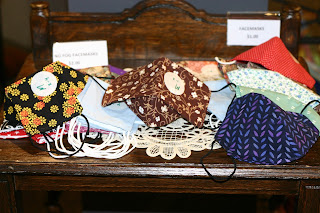 |
| The Spirituality Center●Studium team on Zoom |
Remember when we were living through the first wave of COVID-19 last summer? I felt freedom was taken away from me in a way I have never experienced before. I suspect we all did. I recall one day mid-June when I simply wanted to escape, to run away, to be free. I wanted to go where COVID did not exist, yet that place was nowhere to be found. So instead I started reaching out to more people. I wrote cards, made phone calls, and sent emails. I learned to used messenger through Facebook to connect with a variety of people. Making these connections through social media was exciting; it would take my mind off the current situation, if only for a few minutes. I learned to Zoom, enjoying some face-to-face conversations along with FaceTime.
So now, in December, I ask myself, “How have I continued these connections with the people I re-connected with?” or “How have I been living these days and surviving COVID-19 through prayer, family, faith, and friends?” As we celebrate the season of Advent, we know there is light at the end of the tunnel with the birth of Jesus. I look forward to celebrating the light of Jesus birth, who is bringing light to our world once again.
If you would like more information about Saint Benedict’s Monastery, please contact Sister Lisa Rose at lrose@csbsju.edu.
Lisa Rose, OSB




























